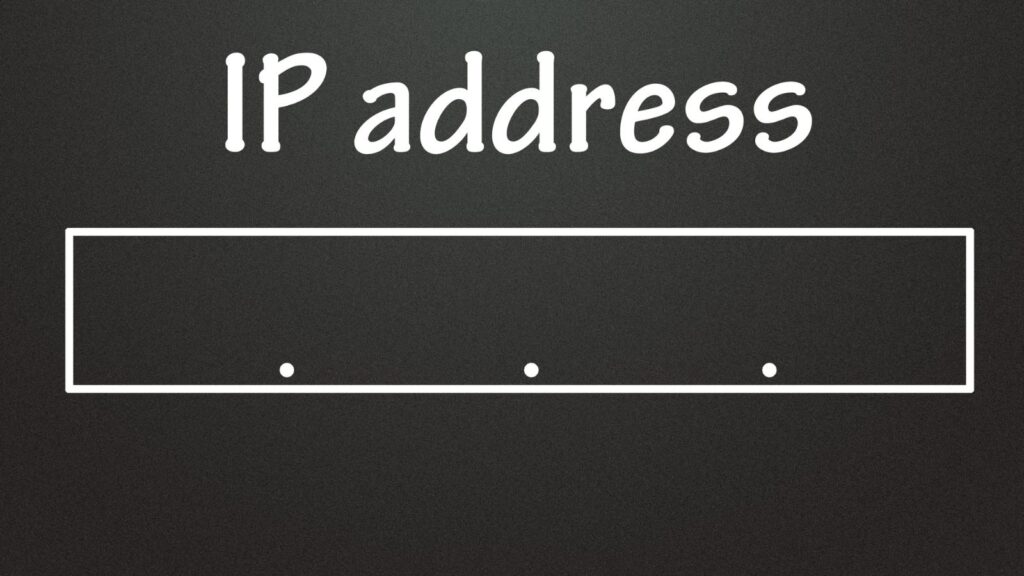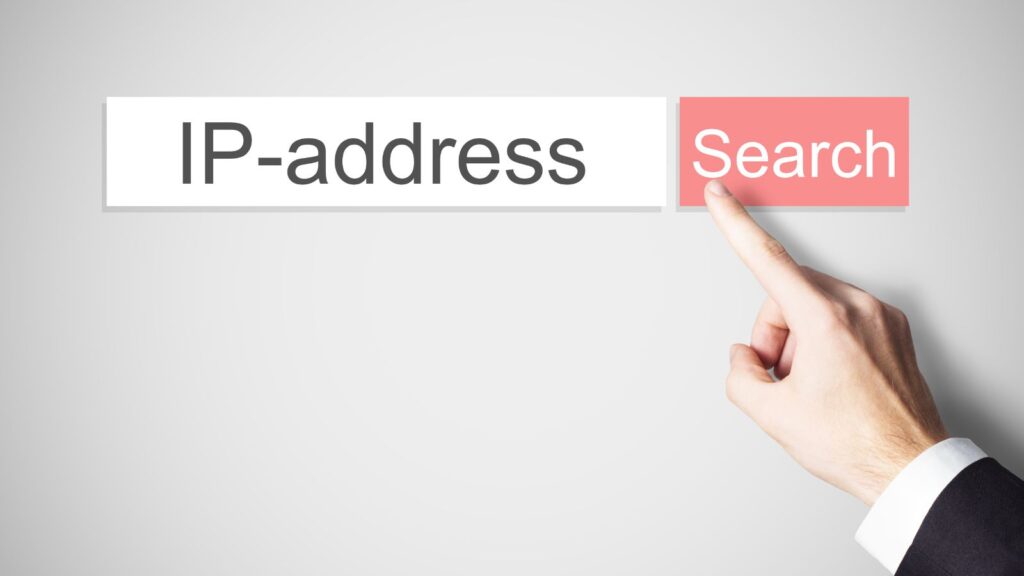The origin of a proxy’s IP address plays a significant part in determining the functionality of a given proxy server. Generally, most proxies can be split into two overarching categories regarding IP origin: data center and residential.
Each category offers subtle and outstanding benefits for completely different use cases. We will explore both data center and residential proxies — their benefits, downsides, and specific applications — to help you better understand the right proxy type for your needs.
What is a Proxy?
Put briefly, a proxy is a server that stands between a user’s device and the wider internet. When you connect to a proxy server, your internet traffic is routed through it before reaching the internet. Similarly, responses from the internet are routed through the proxy before getting back to you.
This back-and-forth routing process enables proxies to mask your IP address because the proxies send these requests to the destination server under their own IP address, effectively hiding your actual IP address from the external server (the internet).

In general, masking your IP address has a number of benefits:
Privacy and Anonymity. By hiding your actual IP, a proxy can provide anonymity while browsing the web. This is particularly important for users who want to avoid being tracked by advertisers, hackers, or even government surveillance.
Bypassing Geo-Restrictions. Since your real IP address is hidden and the IP address visible to the internet can be that of the proxy, which might be located in a different geographical region, proxies allow you to access content and services that are geo-restricted to certain locations.
Improved Performance. Some proxy servers cache data. When you request specific web pages frequently, a proxy can store those pages on its server the first time you visit them. For subsequent visits, the proxy can display the stored version, which loads faster than retrieving
the page from the internet again.
Balancing Traffic and Preventing Server Crashes. In a business environment, proxies can distribute the load among several servers. This balances traffic and prevents any single server from becoming overloaded, which can reduce the risk of crashes and maintain the smooth operation of services.
Residential vs. Datacenter Proxies
The differentiating factor between residential and datacenter proxies comes from their respective IPs originate from.
Datacenter proxies are sourced from vast server farms maintained by corporations specializing in data storage and cloud services. These proxies are known for their high speed and reliability due to the robust infrastructure of these data centers.
Benefits of Datacenter Proxies:
- High Speed: Datacenter proxies typically offer faster connection speeds compared to residential proxies, making them ideal for activities that require quick data processing.
- Cost-Effectiveness: They are generally less expensive than residential proxies, providing an economical solution for businesses that need to handle large volumes of data.
- Scalability: Datacenter proxies can be easily scaled to meet increasing demand, accommodating the needs of growing businesses or expanding projects.
Shortcomings of Datacenter Proxies:
- Lower Anonymity: Because they originate from centralized server farms, data center proxies are more easily detectable by websites that scrutinize IP addresses for proxy usage.
- Higher Risk of Blocking: Many websites, especially those with stringent security measures, can identify and block data center proxies, reducing their effectiveness for certain applications.
Applications of Datacenter Proxies:
- Web Scraping: Businesses can use data center proxies to collect large amounts of data from websites quickly and efficiently.
- Bulk Data Transactions: High-speed processing makes data center proxies suitable for handling extensive data transfers.
- SEO Monitoring: Companies can monitor search engine rankings and perform keyword analysis without the lag associated with slower connections.
Residential proxies, on the other hand, are tied to actual residential IP addresses provided by internet service providers to homeowners. This makes them appear as if they are just regular internet users, which is a significant advantage when dealing with websites that employ sophisticated techniques to detect and block proxy users.
Benefits of Residential Proxies:
- High Authenticity: Residential proxies use IP addresses that are indistinguishable from those assigned to ordinary home users, providing a high level of authenticity.
- Lower Detection Risk: Websites are less likely to detect and block residential proxies, making them more reliable for tasks that require stealth and continuous access.
- Geographic Flexibility: These proxies allow users to appear as though they are browsing from specific residential locations, which is useful for accessing localized content.
Shortcomings of Residential Proxies:
- Higher Cost: Due to their authenticity and lower risk of detection, residential proxies are generally more expensive than data center proxies.
- Variable Speeds: Connection speeds may vary and are often slower than those of data center proxies, potentially affecting performance in high-speed applications.

Applications of Residential Proxies:
- Social Media Management: Managing multiple accounts and running campaigns without the risk of getting blocked.
- Competitive Intelligence: Gathering competitor data discreetly by appearing as genuine users.
- Localized Content Access: Accessing region-specific content and services that require a residential IP for compliance.
Conclusion
The origin of a proxy’s IP address is crucial in determining its functionality and suitability for various applications.
Datacenter proxies, known for their high speed, cost-effectiveness, and scalability, are ideal for tasks like web scraping and SEO monitoring but are more easily detectable and lockable.
Conversely, residential proxies offer high authenticity and lower detection risk, making them perfect for social media management, competitive intelligence, and accessing localized content despite their higher cost and variable speeds.



